From this repo, I've successfully configured this:
import {Component} from "angular2/core";
import {LocalStorageService} from "angular2-localstorage/LocalStorageEmitter";
@Component({
provider: [LocalStorageService]
})
export class AppRoot{
constructor(private storageService: LocalStorageService){}
...
}
How can I use storageService to set or get in local storage? I can't find example anywhere even in the doc.
Updated
After some testing, I've managed it to get it working with Decorator through WebStorage:
import {LocalStorage, SessionStorage} from "angular2-localstorage/WebStorage";
@Component({})
export class LoginComponent implements OnInit {
@LocalStorage() public username:string = 'hello world';
ngOnInit() {
console.log('username', this.username);
// it prints username hello world
}
}
However, when I used Chrome Dev to see my localstorage, I see nothing there:

And In another component,
import {LocalStorage, SessionStorage} from "angular2-localstorage/WebStorage";
@Component({})
export class DashboardComponent implements OnInit {
@LocalStorage() public username:string;
ngOnInit() {
console.log(this.username);
// it prints null
}
}
